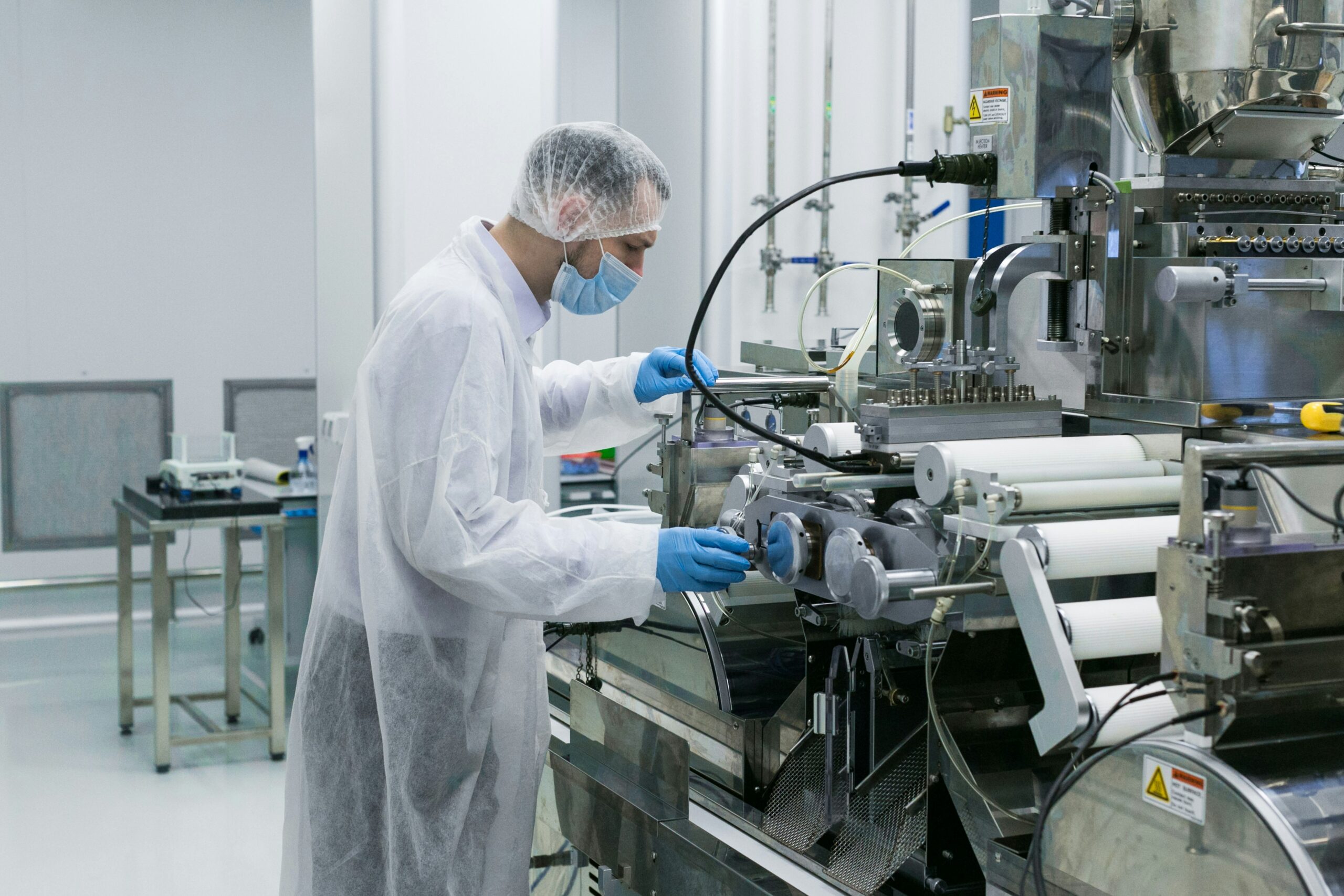
Medical technology is evolving at an unprecedented pace, reshaping the healthcare landscape. In 2025, artificial intelligence, biotechnology, and robotics breakthroughs are driving a new era of precision medicine, personalized treatments, and enhanced patient care. From AI-powered diagnostics to revolutionary gene-editing techniques, the latest innovations transform how diseases are detected, treated, and prevented.
AI and Machine Learning in Healthcare
Artificial intelligence (AI) and machine learning (ML) have become integral to modern medicine, offering faster and more accurate diagnostics. AI-powered imaging systems can now detect diseases like cancer, stroke, and neurological disorders with accuracy that rivals experienced radiologists. These systems analyze vast amounts of data in seconds, providing real-time insights that improve early detection and treatment outcomes.
Beyond diagnostics, AI is streamlining administrative tasks, reducing physician burnout, and improving efficiency in hospitals and clinics. Virtual health assistants powered by AI can manage patient records, schedule appointments, and even provide initial consultations through chatbots. AI-driven predictive analytics are also helping healthcare providers anticipate disease outbreaks and optimize resource allocation, ensuring better preparedness for public health crises.
Robotics and Automation in Surgery
Surgical robotics continue to revolutionize procedures, allowing for greater precision and minimally invasive techniques. The latest robotic-assisted surgery systems provide surgeons with enhanced dexterity, reducing the risk of human error. These advancements result in shorter recovery times, less pain, and improved patient outcomes.
In 2025, robotic surgery is expanding beyond traditional applications in urology and gynecology to include more complex procedures such as cardiovascular and neurosurgery. Integrating AI with robotic systems enables real-time adjustments based on patient data, ensuring that each procedure is customized for optimal results.
Another breakthrough is the development of autonomous robotic surgical assistants. These AI-powered robots can perform tasks with minimal human intervention, such as stitching wounds and removing tumors. Such innovations are particularly valuable in remote or underserved areas where skilled surgeons may not always be available.
Advancements in Regenerative Medicine
Regenerative medicine is making significant strides, with groundbreaking research in stem cell therapy, tissue engineering, and 3D bioprinting. Scientists can now grow functional organs and tissues in laboratories, offering hope for patients awaiting transplants.
3D bioprinting technology prints skin grafts for burn victims and creates customized implants that perfectly match a patient’s anatomy. This level of precision reduces the risk of rejection and improves overall treatment success. Researchers are also exploring the potential of bioprinted liver and kidney tissues, which could one day eliminate the need for organ donors.
Stem cell therapy continues to show promise in treating conditions such as spinal cord injuries, Parkinson’s disease, and heart disease. Gene editing techniques, including CRISPR-Cas9, allow scientists to modify stem cells for targeted treatments, paving the way for personalized medicine tailored to individual genetic profiles.
Wearable Health Technology and Remote Monitoring
Wearable health technology has become more sophisticated, enabling real-time monitoring of vital signs, glucose levels, and cardiac activity. Smartwatches and wearable sensors are now equipped with AI-driven analytics that detect early warning signs of health issues before they become critical.
In 2025, continuous glucose monitors (CGMs) for diabetics will be more accurate and user-friendly, eliminating frequent finger-prick tests. AI-integrated wearables can also detect irregular heart rhythms, helping to prevent strokes and heart attacks by alerting users to seek medical attention before an emergency occurs.
Remote patient monitoring (RPM) has become essential for managing chronic conditions. Patients with hypertension, respiratory diseases, or post-surgical recovery needs can be monitored from home, reducing the need for hospital visits. Physicians receive real-time data, allowing for timely interventions and personalized treatment adjustments.
Breakthroughs in Cancer Treatment
Cancer treatment is revolutionizing with the advent of precision oncology, which tailors treatments based on a patient’s genetic profile. Immunotherapy continues to be a game-changer, harnessing the body’s immune system to fight cancer more effectively.
One of the most promising advancements in 2025 is the development of personalized cancer vaccines. These vaccines train the immune system to recognize and destroy cancer cells unique to an individual’s tumor. This approach has shown remarkable success in clinical trials, particularly for aggressive cancers like melanoma and lung cancer.
Additionally, targeted therapies using nanotechnology are enhancing drug delivery, ensuring that cancer-fighting drugs attack only malignant cells while sparing healthy tissue. This reduces side effects and improves the overall efficacy of treatments.
The Future of Healthcare: What’s Next?
Integrating technology in medicine makes healthcare more efficient, accessible, and personalized. The rise of AI-driven diagnostics, robotic-assisted surgeries, and regenerative medicine is shaping a future where diseases are detected earlier, treated more effectively, and even prevented altogether.
While these advancements bring excitement, they also raise ethical and regulatory challenges. Ensuring data privacy, addressing biases in AI algorithms, and making these technologies widely accessible remain key issues that healthcare leaders must navigate.
As medical technology continues to advance, one thing is sure: the future of healthcare is brighter than ever. With ongoing research and innovation, 2025 is poised to be a defining year for medical breakthroughs that will improve and extend lives across the globe.